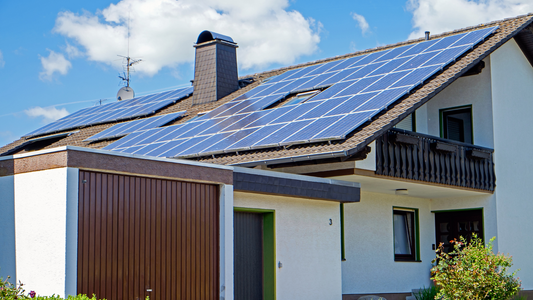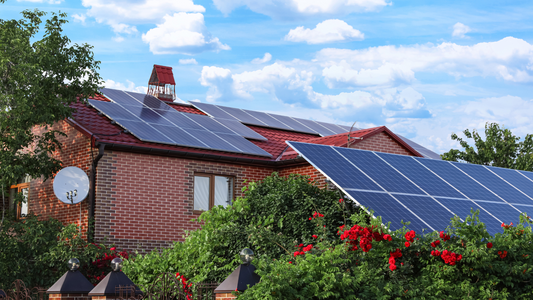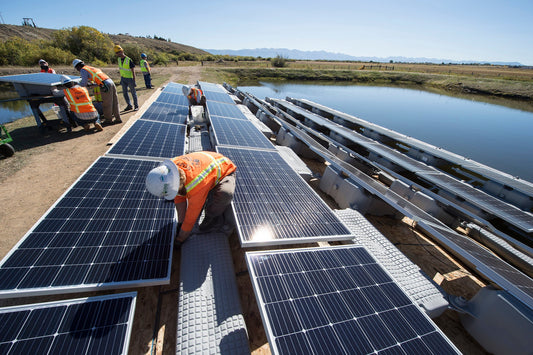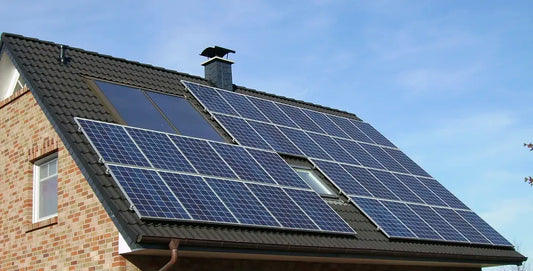
Photovoltaic subsidies 2024 – New opportunities for homeowners
In recent years, the expansion of photovoltaic systems in Germany has increased significantly, due not only to technological advances but also to new funding programs and tax breaks. Starting in 2024, there will be numerous incentives for homeowners interested in switching to solar energy. Here we take a look at the current funding options and their benefits.
1. Tax advantages: VAT exemption
As of January 1, 2023, VAT has been waived on the purchase and installation of photovoltaic systems with a capacity of up to 30 kWp. This means that homeowners no longer have to pay the 19% VAT on the purchase of solar modules, inverters, and battery storage systems. This regulation was confirmed in 2024 and remains an essential component of government support this year.
2. Subsidies for battery storage
With the growing demand for self-consumption optimization, there are also subsidy programs for battery storage. Some federal states and municipalities offer subsidies for the purchase of electricity storage systems. These systems make it possible to use the solar power generated even when the sun isn't shining, significantly increasing self-consumption.
3. Funding programs at federal and state level
In addition to tax relief, many regions in Germany offer specific funding programs to support the purchase and installation of photovoltaic systems. Federal states often offer additional grants or low-interest loans to further advance the energy transition. Combining these incentives with existing feed-in tariffs is particularly worthwhile.
Conclusion
The subsidy options for photovoltaic systems make investing in solar energy particularly attractive in 2024. With the VAT exemption and other financial incentives, homeowners can significantly reduce the costs of installing their solar systems. Those who also install a battery storage system can not only benefit from government subsidies but also increase their independence from the public power grid.




